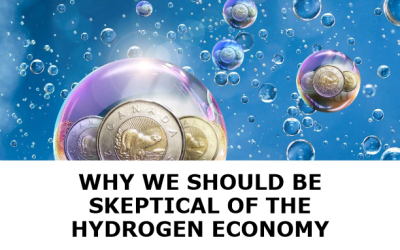 Distracted driving can be dangerous. Few dispute it, but this does not mean that distracted-driving laws will make us safer. In fact, statistics and common sense show that these laws make the roads more dangerous. People will not stop using their phones or eating cheeseburgers while driving even when it is illegal. They will find ways to hide these activities, and in the attempt to hide them, people can behave even more dangerously.
Distracted driving can be dangerous. Few dispute it, but this does not mean that distracted-driving laws will make us safer. In fact, statistics and common sense show that these laws make the roads more dangerous. People will not stop using their phones or eating cheeseburgers while driving even when it is illegal. They will find ways to hide these activities, and in the attempt to hide them, people can behave even more dangerously.
If distracted-driving laws were an effective method of reducing collisions and traffic fatalities, one would expect that statistics for traffic collisions would improve after their introduction. This has not been the case in Manitoba. The province banned the use of cellphones for drivers on July 15, 2010. Although highway collisions and fatalities dipped noticeably in 2010, these results are not useful for our purposes, given that the law changed midway through the year. However, one notices that collisions climbed above 2009 levels in 2011, the first full year under the legislation. More importantly, highway fatalities reached an all-time high in 2011.
Correlation does not imply causation. After all, there are many factors involved in collisions. However, the increase in collisions and fatalities seems particularly suspicious, given that collisions attributed to drinking, drugs and speeding were lower in 2011 than in 2009. It is also worth noting that deaths attributed to alcohol, drugs, lack of seatbelts, speeding and intersections were all down in 2010, when the number of collisions dipped. None of these has anything to do with distracted-driving legislation.
While there is only one full year of data to assess, the results of the cellphone ban hardly seem encouraging. Whatever the complexities, the expected reduction in collisions has not materialized.
The Manitoba statistics could be dismissed as an anomaly. However, U.S. studies have not been reassuring.
View entire study as PDF (7 pages)


